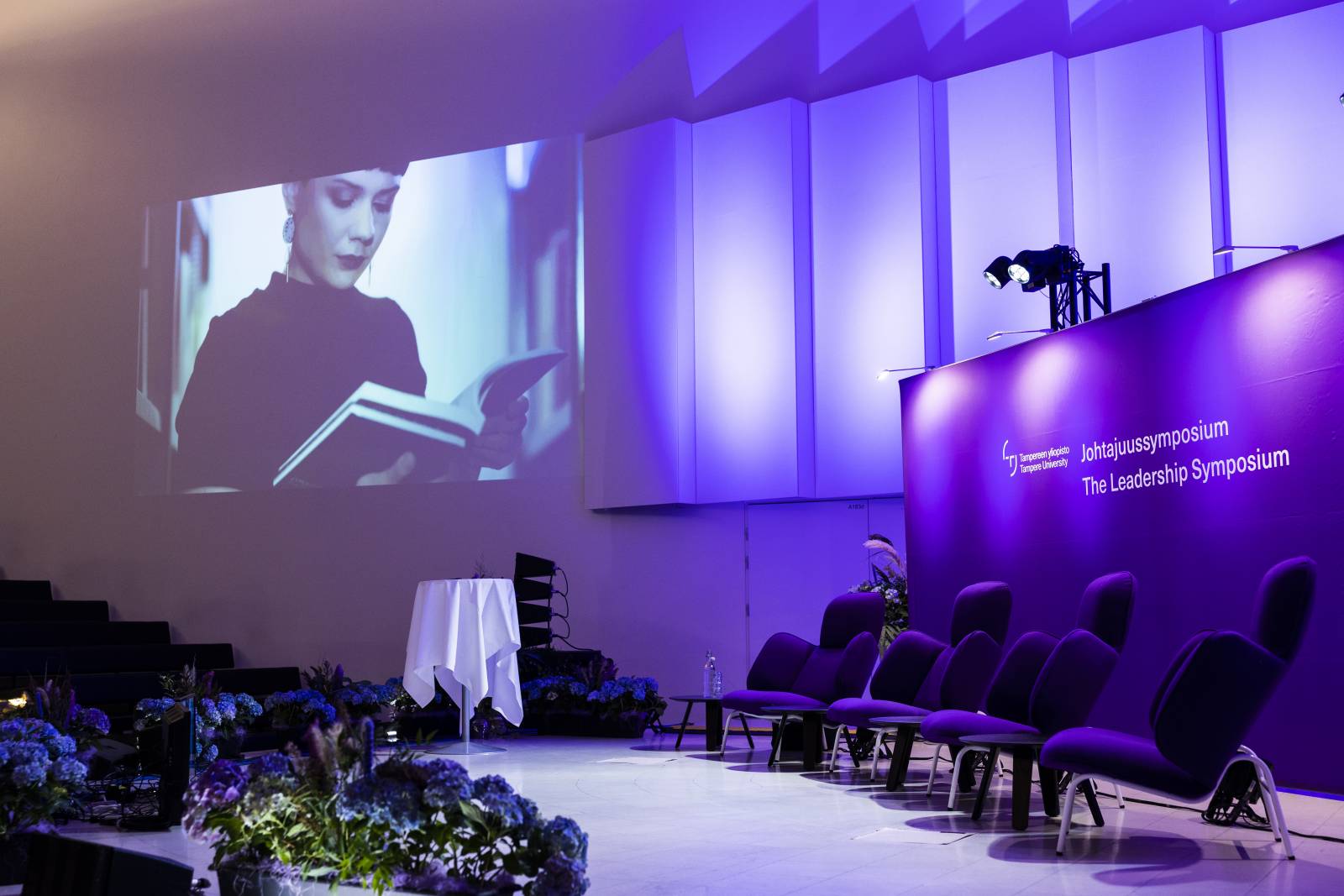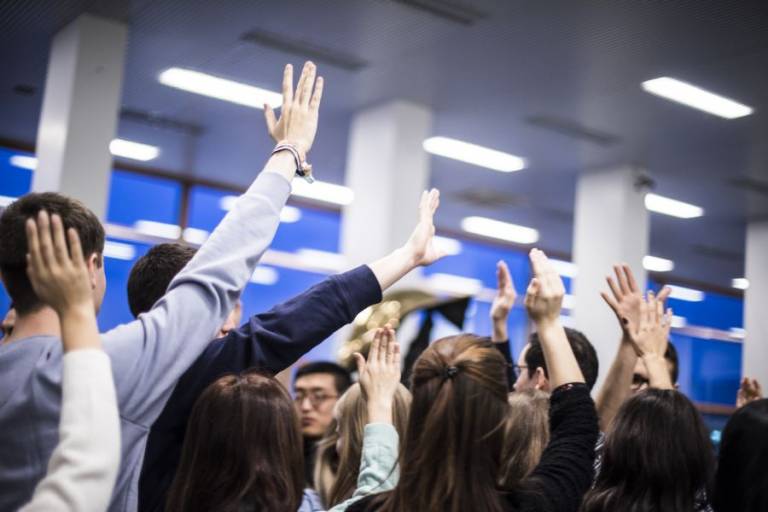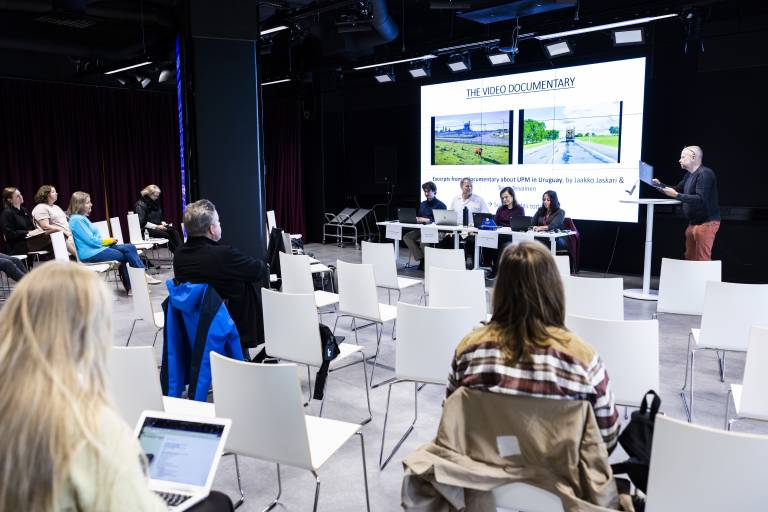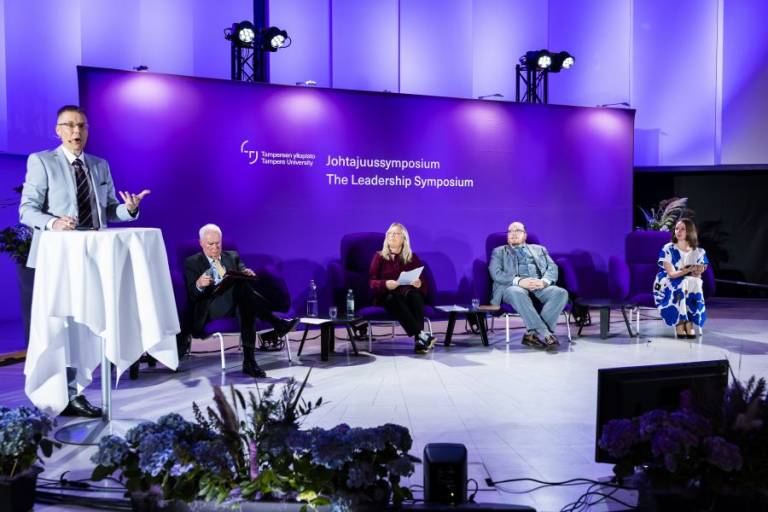As I listened to the keynote speech given by Sir Mark Lyall Grant, the Former National Security Advisor to the British Prime Minister, I was left wondering about the magnitude of change that we are all facing in 2022. I was left with questions such as what kind of world are we leaving behind for the generations to come, and whether we are able to tackle the multitude of conflicts and issues we are facing today. Should there be new ways of tackling these issues? In this reflection I go through some of the most staggering notions I picked up during the interesting speeches and the panel session, and attempt to use Hodges and Gill’s typology on change to make sense of these opinions presented by the speakers of this panel session. I will not try to apply their typology as a whole, but make a few connections between the nature of change discussed in the panel session – how it emerges, the nature and magnitude of the change seen in the international security situation in 2022.
Are we headed towards a complete paradigm shift? One thing is clear from Sir Lyall Grant’s speech: The security situation in the international field has been entirely transformed. Russia is actively seeking to undermine the West’s security. With such harsh actions, Sir Lyall Grant expressed how Russia’s actions have given NATO a “new lease of life”– its invasion of sovereign Ukraine has directly led to a stronger and larger NATO. Professor Vuori makes a case for NATO’s first use policy on nuclear weapons, and how this policy has brought about a possible transformational change not only in the foreign politics of the Nordics, who have remained hugely impartial in the past, but also the whole security situation in all of Europe and the world. For the first time in a long time, there is fear of the third world war, with nuclear weapons as a transforming factor. So far, president Putin has respected international rules on the usage of chemical weapons, as once those lines are crossed, we have truly entered a full paradigm change.
One could argue that the change seen in the West’s security situation is incremental, we have seen the threat of Russia and the slow power change from the West, to the East especially of the US for quite some time. After the Cold War, the West enjoyed the “golden era” of power and prosperity, and we can now clearly see a strong shift towards a new world order. This change has indeed been strategic, yet perhaps emergent? It has no clear start nor ending. Sir Lyall Grant notes how all the norms we are accustomed to, set and enforced by the West, can be ignored with the new world order. He stated how the invasion of Ukraine makes a complete mockery out of the rules-based order. Thus, is this change ethical? Who does it serve?
As for the scale of the change in the international security situation – it is global and societal. Interestingly, Eneken Tikk, a researcher from the Erik Castren Institute, brought up the level of the individual into the picture. She argues how there has been a prominent shift in EU policies, incremental changes at the level of organisations to enforce better user safety. Other panelists such as Sir Lyall Grant and professor Juha Vuori stated how when it comes to cybersecurity, a lot of the change and responsibility is placed on the individual. Indeed, Sir Lyall Grant argued how the first and foremost responsibility of any government is to take care of its citizens, However, this gets hazy when things move onto the cyber dimension. Tikk opposed this view, saying how there has been a clear focus of change – a strategy and tactics to achieve a new, safe cyber security dimension for all. She agreed that this new information transformation has left many to fend for themselves, as digital affairs are not so different from regular affairs. The internet is not safe without security in international relations. She insists that there is a need for a clear strategy and protocol: even with disasters we do have policies and systems put in place to protect us from breaches in cybersecurity. However, Sir Lyall Grant concluded how even today there is no agreed term on terrorism, let alone guidelines for the internet. The problem with this is the state of the polarized world now – it might be so difficult for us to agree on these rules. It is no wonder that with multilateral negotiations resulting in a gridlock, many are afraid of the speed of technology and the direction that it is going towards. Professor Vuori agrees, while adding the sphere of personal into the mix: with the internet readily at our fingertips, issues on the other side of the world can have real-life consequences in an environment otherwise not affected by these issues.
Interestingly, Ann-Marie Ekengren, a professor from the University of Gothenburg, discussed the notion of incremental, gradual change within the Nordic mindset in terms of cooperation with NATO and with each other. She argued how there are certain patterns to be seen in the foreign policy of the Nordic countries – but also slight changes. Finland and Sweden have strong bilateral cooperation and have focused much on their Nordic dimension of politics. Finland, with its incremental changes and updates in their foreign politics towards the West raised no alarms. it could still be seen as a “bridge builder” between the West and the East. Slowly but surely, yet irrevocably, the balance has tilted strongly to the West. Similarly, Sweden has always acted in a way that ensured security without the threat or fear of escalation. In other words, their slow and strategic plan to tilt towards the West without pushing too far, ended up in a complete paradigm shift. Perhaps here we can see an example of punctuated equilibrium?
In conclusion, it is evident that when looking at the security situation in the world in 2022, we are facing massive and fast-paced change – a transformative change. While signs towards this change have been evident in the past, there is no way of knowing where this change will result in. We are looking at a complete change in world order – people are suffering from war, flows of mass migration, health issues post-covid, democratic decay, rise in authoritarianism, cyber security threats on top of climate change. As Sir Lyall Grant said, after quoting Francis Fukuyama about uncertainty, “it is all up in the air now”.
This text was written by the LFC student Aino Anttila as part of the course LFC.310 Introduction to Leadership for Change. For the full list of The Leadership Symposium speakers, see the programme here.





